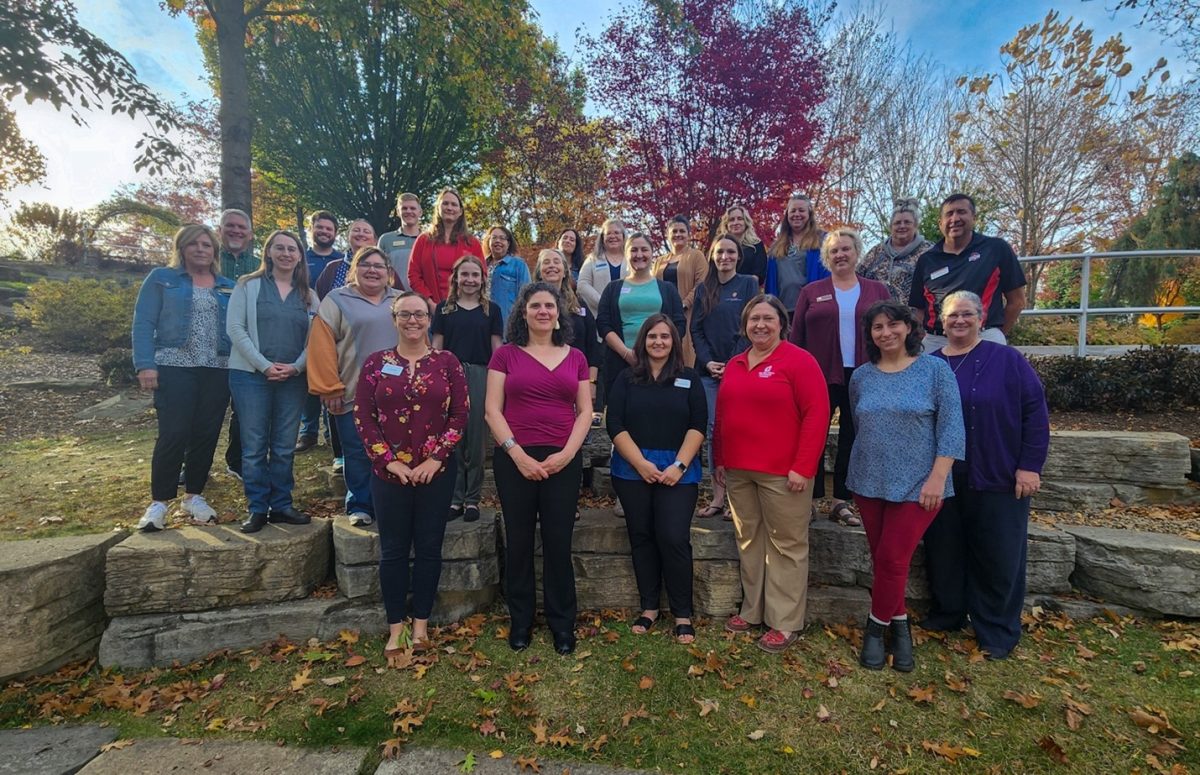Steph Plaster, Agriculture Business Development Outreach Specialist, was selected to be part of a three-day training to assist local farmers in addressing their childcare, health care, and health insurance needs.
The Ohio State University and American Farmland Trust partnered to develop the curriculum and offer the training to a small delegation of educators living in the North Central region of the U.S. Twenty-two educators working in teams of two were selected through a competitive process to participate in the training and pilot the curriculum.

U.S. Department of Agriculture and Centers for Disease Control and Prevention research shows that childcare, healthcare, and health insurance impact farm economic development, risk management, farm safety and quality of life. However, these social and household issues largely have been neglected in farm planning. This curriculum begins to fill this gap.
“Addressing childcare, healthcare and health insurance needs in agriculture is overdue,” said Shoshanah Inwood, Associate Professor of Community, Food, and Economic Development and lead of the grant. “We’re excited to finally bring this needed resource to farmers with this curriculum.”
The educators will work with the project team to implement and pilot the comprehensive curriculum. The decision-making resources in the modules recognize every farm and farm family have different goals, priorities and needs when it comes to childcare, health care and health insurance.
“Decisions about these issues must be made within the context of the farm family,” said Inwood. “It’s important to remember there are no right or wrong answers. The educators selected for this training are leading experts in their state and will be able to help farmers make informed decisions about these complicated social and household issues. We’re looking forward to seeing the positive impact these educators make in their communities through this project.”
The curriculum and training were funded by a North Central Sustainable Agriculture Research and Education grant. The Sustainable Agriculture Research and Education (SARE) program is a producer-driven, decentralized competitive grants and education program operating in every state and island protectorate. Funded by the United States Department of Agriculture’s National Institute for Food and Agriculture, the program is run by four regions (North Central, Northeast, South and West) hosted by land grant institutions.




